Why is my car burning oil?
As the years and miles stack up on your car, it’s not uncommon for the engine to start losing a little bit of oil over time. However, losing too much oil too quickly can lead to problems. If there’s not enough oil in the engine, it can suffer severe damage as bare metal parts will scrape and slide against one another — creating tons of friction, way too much heat, and causing the engine to warp and even fuse components together.
At All Phase Auto Repair, we want to help protect your engine so it lasts as long as possible. Whether that means pouring a quart of oil into the engine every few weeks or fixing the problem so your engine stops losing oil in the first place. Below, we’ve compiled four reasons why your engine might be losing oil. Learn more about your car, how to take care of it and where to go for help in the article below!


4. ENGINE OIL LEAK
If your car has been running well and isn’t showing any check engine or low oil pressure lights, but a test with the dipstick reveals that the oil level is still a bit low, you might have a small leak in the engine. If you had a big leak, you’d probably notice it — either by a warning light coming on in the dashboard or a big puddle of oil forming under your car. Oil’s viscous properties means it leaves big, obvious, black puddles under your car. But a very small oil leak could cause the engine to lose a small amount of oil over time without any other symptoms. The oil would slowly leak out of the engine and congeal on metal components like valve covers and exhaust manifolds. You’d see no visible leak and no smoke that would otherwise tip you off to a problem.
Sound like your car? We recommend a visit to All Phase Auto Repair in Essex, MD. Using special tools, we can locate your car’s oil leak and suggest a fix. We’ll also be able to top off the engine oil so your vehicle stays protected!
3. BAD PCV VALVE
The crankcase is a central part of your car’s engine that holds many of its moving parts. Those parts need to be protected from heat and friction by the engine oil. But, over time, pressure can build up inside the crankcase as combustion gasses are forced past the piston rings and into the crankcase. This process is called “blowby.” The Positive Crankcase Ventilation system relieves that pressure, and sends the combustion gasses back to the intake manifold so they can be burned up in the engine. If this system malfunctions, pressure can build up in the crankcase and force the oil inside past seals and gaskets — resulting in an engine leak. Or, the PCV valve can become clogged and cause the engine to consume oil and burn it internally. This problem can even lead to the engine running roughly, backfiring and stalling. Luckily, replacing a bad PCV valve is a fast and easy process for our skilled technicians!
2. FAILED PISTON RINGS
If the engine isn’t leaking oil, and the PCV system is working as it should, that means your engine is probably wearing out inside. As a result, the engine is consuming some oil. If the engine burns enough oil, you’ll actually be able to see blueish-grey exhaust fumes coming from your tailpipe.
The piston rings are designed to rub up against the walls of the engine’s cylinders, keeping engine oil in the crankcase and the air/fuel mixture in the cylinders. Blowby forces air/fuel mixture past the piston rings and into the crankcase as described above, but oil can travel the other way into the combustion chambers, too, if you’ve got bad piston rings. That oil will burn up in the engine and could lead to damage. To fix this problem, you’ll need new piston rings installed, which will require the engine to be significantly dismantled.

1. BLOWN HEAD GASKET
This crucial component forms a seal between the engine block and the cylinder head — and if it fails, all sorts of things can go bad. One possible symptom of a blown head gasket is an engine that’s consuming oil. Other symptoms you’re likely to notice if your car’s suffered a blown head gasket include a rough idle, engine overheating and poor fuel economy, just to name a few.
Like bad piston rings, replacing a blown head gasket requires a significant repair. When you visit All Phase Auto Repair, our friendly technicians will take a close look at your car and explain exactly what’s going on. In some cases, this repair will be well worth your time and money. Give Terri a call 410-687-5030 or stop by at 300 Eastern Blvd, Essex, MD 21221.
Posted in: Uncategorized
Leave a Comment (0) →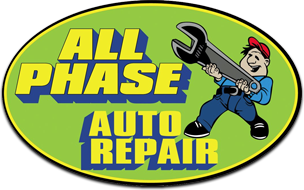
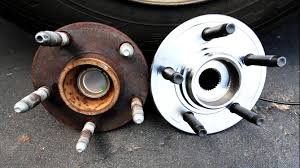
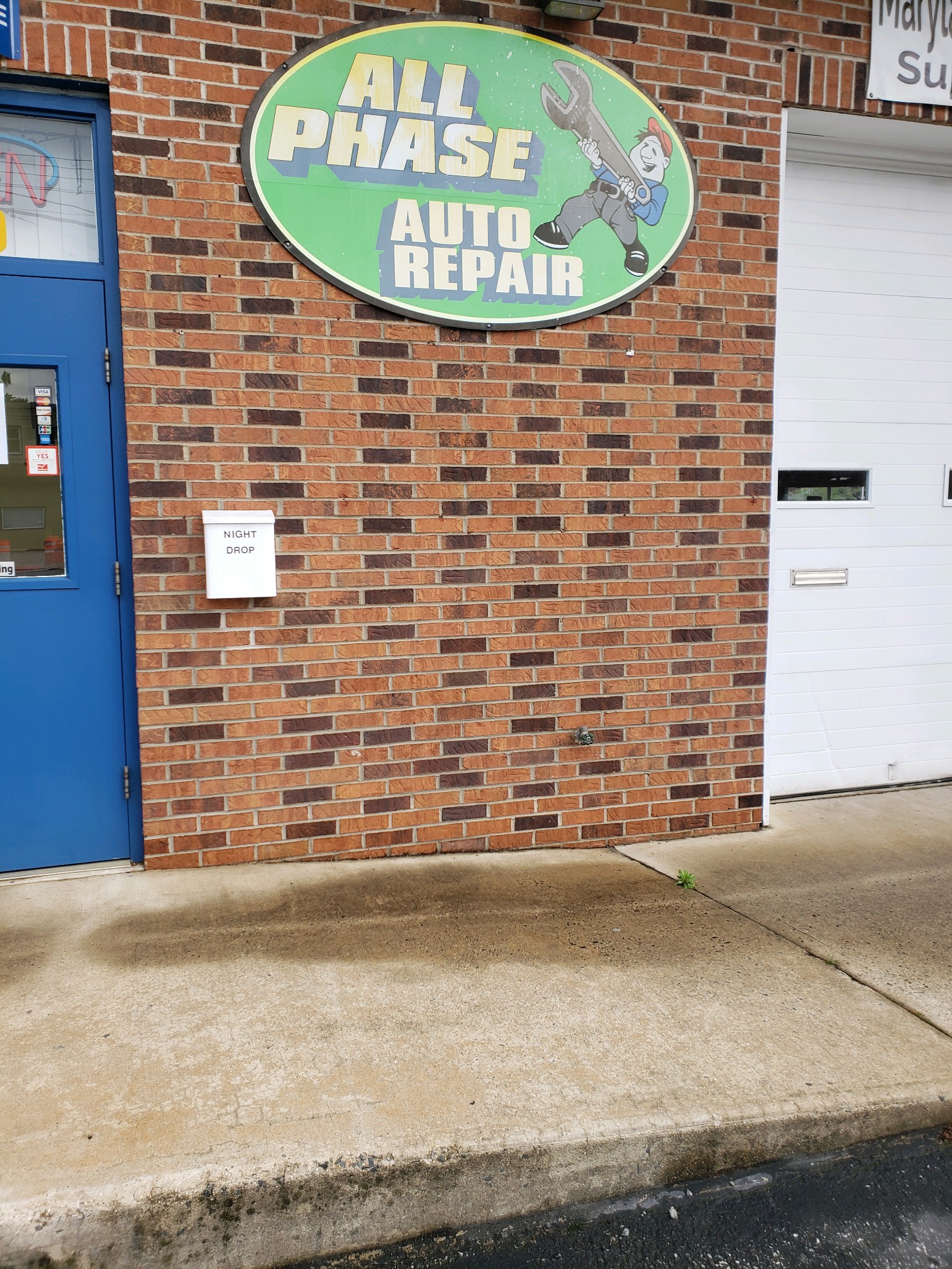

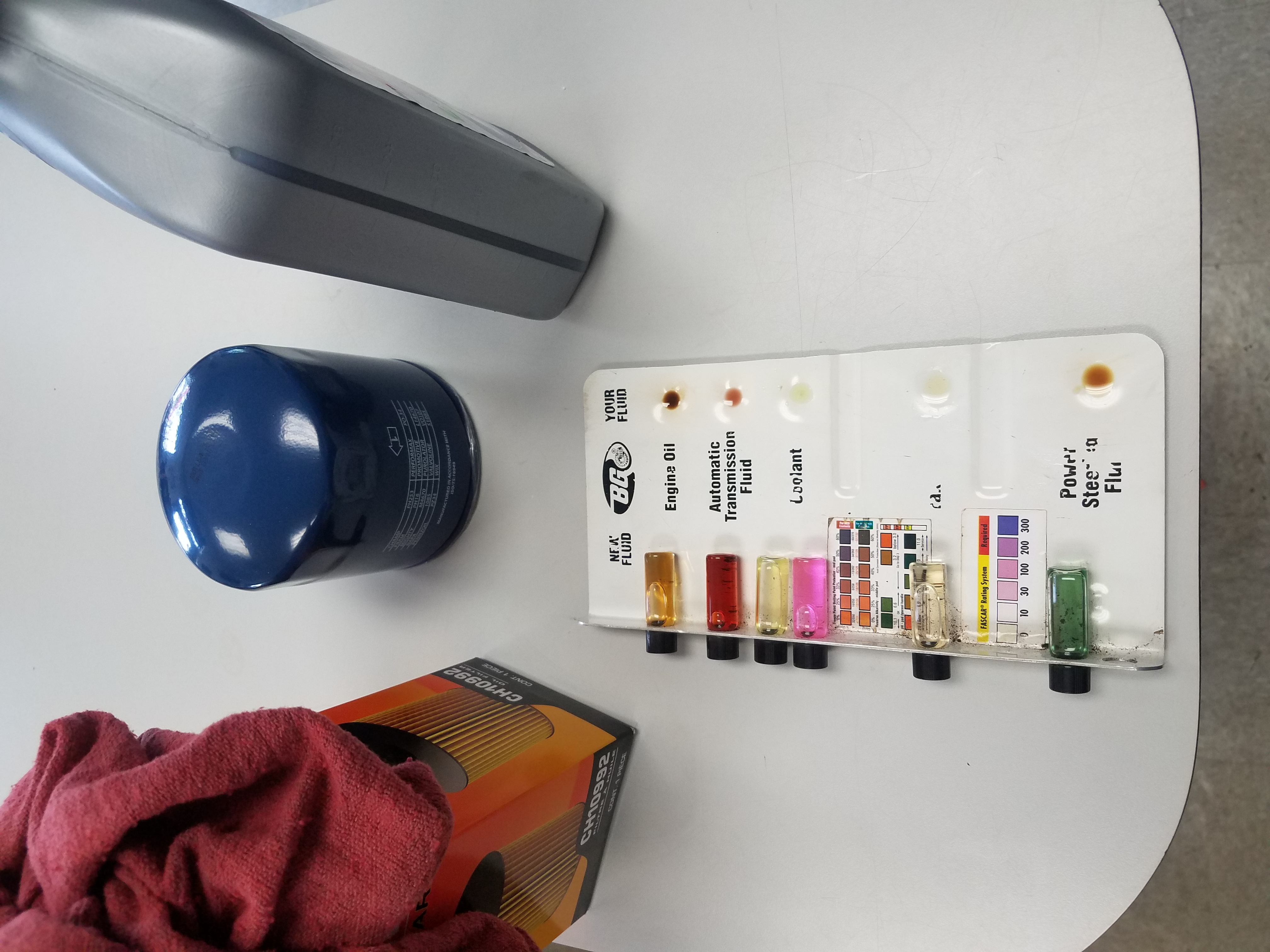
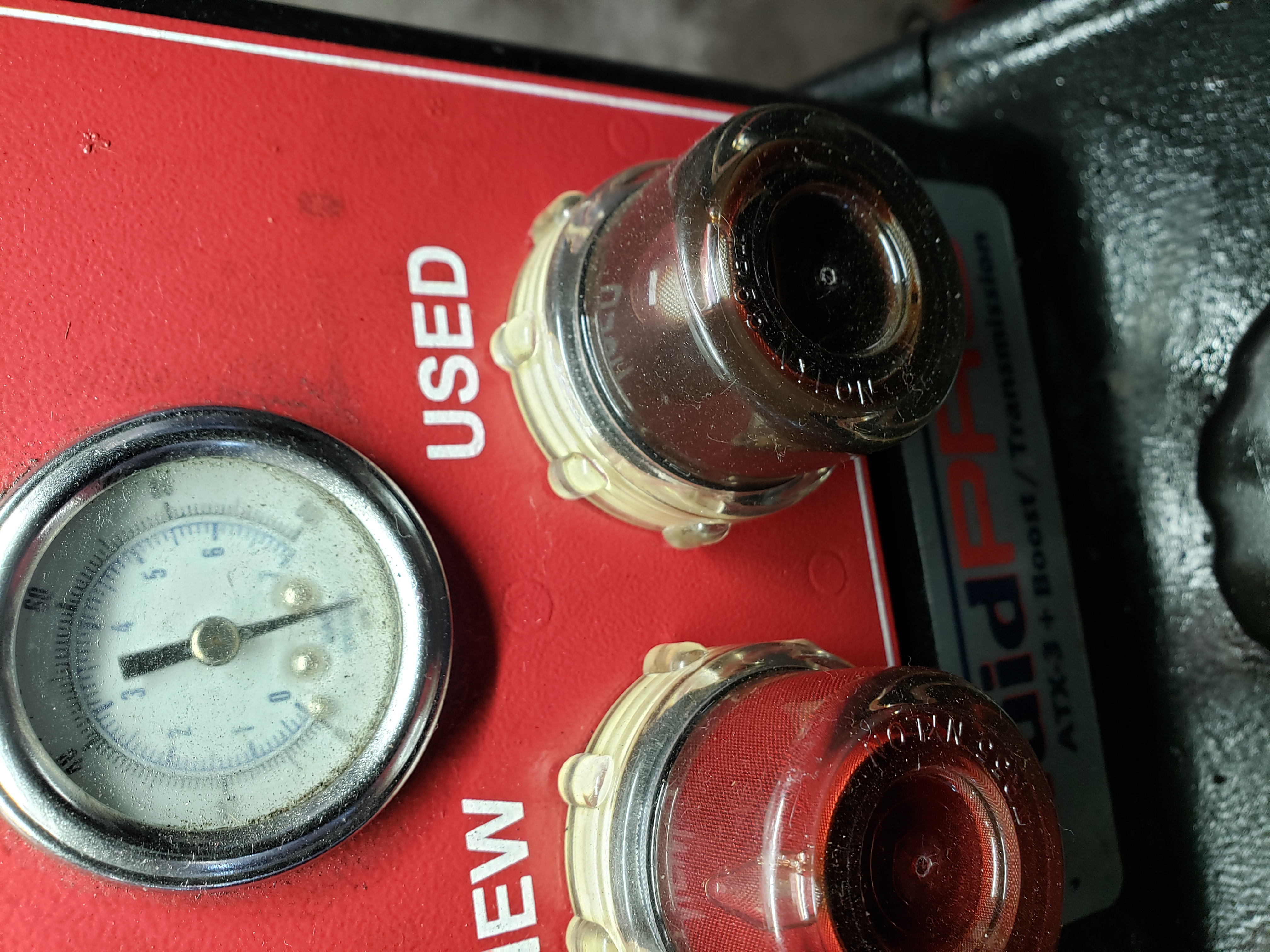
 when using or applying for Napa easy pay credit card for #ESSEXAUTOREPAIRS. Call for details 410-687-5030
when using or applying for Napa easy pay credit card for #ESSEXAUTOREPAIRS. Call for details 410-687-5030

